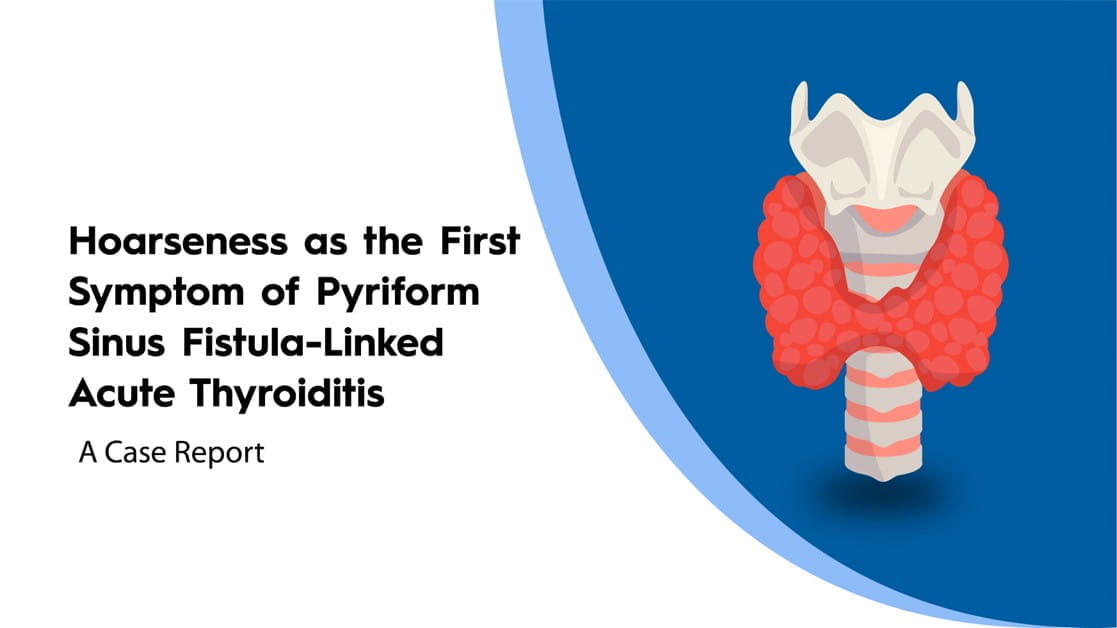Introduction:
Food allergies affect up to 10% of children and 4–6% of adults in the UK, with risks of severe reactions, including anaphylaxis. Unlike drug allergies, which follow NICE guidance, documentation for food and non-drug allergies in electronic health records (EHRs) lacks national standards. This study aimed to evaluate current UK allergy-coding practices, particularly for food and non-drug allergies, across NHS hospital Trusts.
Method:
A cross-sectional mixed-methods approach was used.
Data collection:
- Surveys were distributed via Freedom of Information (FOI) requests to NHS Trusts across the UK.
- Both quantitative and qualitative data were obtained.
Results:
Surveys were distributed to 208 NHS Trusts with available Freedom of Information (FOI) email contacts, yielding a response rate of 64% (134 out of 208). A total of 43 unique electronic patient record (EPR) systems were reported, with Dedalus (11%), Cerner (10%), and Rio (9%) being the most frequently used.
Of the 78 Trusts that offered training on allergy documentation, 67 provided information on the content of their programs. Among these, 64% (43/67) included training on drug, food, and non-drug allergies, while 28% (19/67) did not provide training specific to food allergies. Additionally, 28% (22/78) of Trusts reported having no standard operating procedure (SOP) for allergy documentation.
Access to specialist allergy services was limited across several Trusts. Specifically, 34% (29/84) lacked paediatric allergy services, and 41% (34/83) did not offer adult allergy services. Clinical incidents related to allergies were reported by 79% (67/85) of responding Trusts, with 54% (45/83) documenting more than 20 incidents over the past decade. Across all reporting Trusts, a total of 7,076 allergy-related clinical incidents were recorded over an average monitoring period of 9.23 years. Drug allergy incidents made up the majority (80%, 5,679/7,076), followed by non-drug allergy incidents (10.5%, 744/7,076) and food allergy incidents (2%, 150/7,076).
Further details were available for 255 of these incidents. The most frequently reported allergens in this subset were latex (24.7%, 63/255), dairy (13.7%, 35/255), and intravenous contrast agents (9.4%, 24/255). Notably, 16.9% (43/255) of these cases resulted in moderate to severe harm, underscoring significant concerns for patient safety.
Conclusion:
The study identifies major deficiencies in allergy documentation and management within NHS Trusts, especially regarding food and non-drug allergens. Trusts reporting higher numbers of allergy-related incidents frequently lacked EPR features or training specific to allergy documentation. These findings emphasize the urgent need for nationally standardized guidelines to enhance documentation accuracy, patient safety, and clinical decision-making support.
European Academy of Allergy and Clinical Immunology 2025,13-16 June, Glasgow, United Kingdom.




